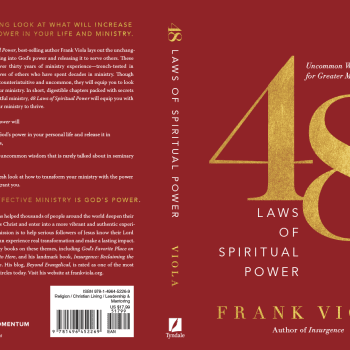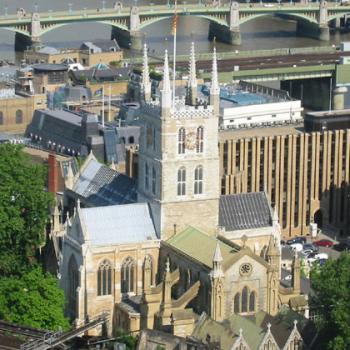I didn't know it until then, but at that point in my life and faith, I needed concrete reminders of God. I needed tactile signposts that pointed me to the Divine when I had doubts that he was even there. I needed the Eucharist, and Confession, and the Passing of the Peace, and the structure of the ancient liturgy to shore up my faith until I could grieve my losses, and feel God's love again.
So I continued to go to Mass. I made the Sign of the Cross even when I didn't believe. I kept saying the Nicene Creed and at least for that one moment, when the words were coming out of my mouth, I believed, and felt a twinge of hope. I participated in the Passing of the Peace even when I wasn't sure I belonged in that community. I prayed to Mary when I was skeptical that she would hear me.
Then one day I realized that I had stopped fighting against it. That the liturgy had become a part of me. I could barely get through a week without going to Mass.
One Good Friday, I watched worshippers line up in the aisle to walk up and kiss a wooden cross as a sign of reverence and love for Christ. I had never seen this before.
I saw young and old, rich and poor, black and white, people from all walks of life who were carrying who knows what kind of sorrows and burdens, make their way down the marble aisle to the cross, kneel down, and gently kiss the rough wood that symbolized Christ's suffering. It reminded me of the end of Flannery O'Connor's short story "Revelation," where the main character, Mrs.
It was such a simple scene but it tore my soul in two. A woman sitting next to me, whom I barely knew, reached over and put her arms around me. Another woman in the pew in front of me gave me a tissue.
I continued to watch as the vast hordes of souls kissed the cross. I looked around the venerable old church, drinking in the beauty. I felt my neighbor's arms around my shoulders. "There is love here," I heard. "There is love here. Let it hold you tightly until you believe."




